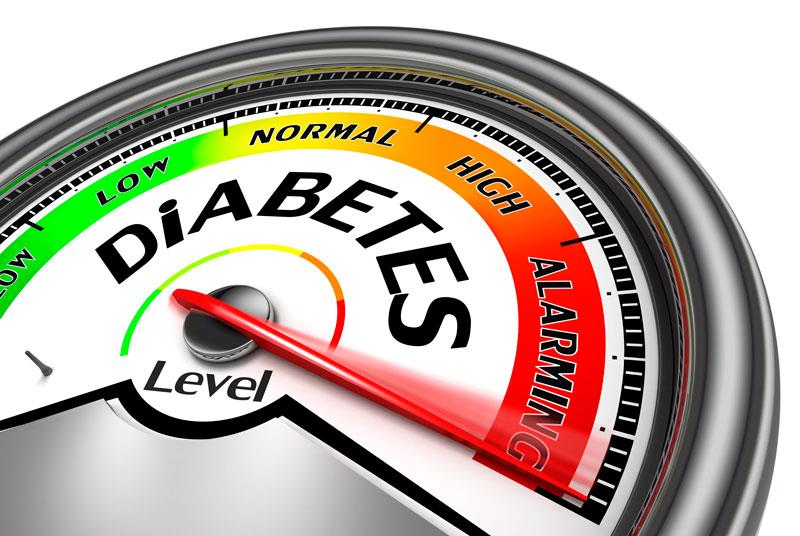
The glucagon-like peptide-1 (GLP-1) receptor agonist (RA) dulaglutide shows highly consistent effectiveness on glycated haemoglobin (HbA1c) and body weight reduction in patients with type 2 diabetes (T2D), reveals a study. Its effectiveness remains significant even in subgroups of patients poorly represented in randomized controlled trials (RCTs).
In this retrospective multicentre study, the investigators assessed the effectiveness of dulaglutide in routine clinical practice, particularly in subgroups of patients who are underrepresented in RCTs. Participants included all consecutive patients who initiated dulaglutide between 2015 and 2018.
The investigators evaluated changes in HbA1c and body weight up to 30 months after baseline. They also analysed effectiveness in patient subgroups based on the following: prior use of GLP-1RA, persistence on treatment and dose, age, sex, disease duration, renal function, obesity, cardiovascular disease, or concomitant use of insulin or sulphonylurea.
A total of 83,116 patients were included, of which 2,084 initiated dulaglutide (15.3 percent switching from another GLP-1RA) and 1,307 had at least one follow-up visit. At the end of observation, dulaglutide effectively reduced HbA1c by 1.0 percent and body weight by 2.9 kg, with the effects being more evident in GLP-1RA–naïve patients and in those with shorter disease duration.
Highly significant and consistent improvements were observed across all subgroups, including those aged ≥75 years, nonobese, or with chronic kidney disease. In addition, body weight decreased in all subgroups and significantly more with the 1.5- vs 0.75-mg dose.
RCTs on T2D patients showed that dulaglutide reduced HbA1c and body weight, but generalizability of these findings to real-world T2D patients remains a challenge, according to the investigators.